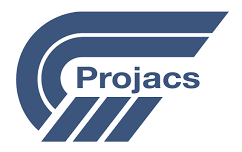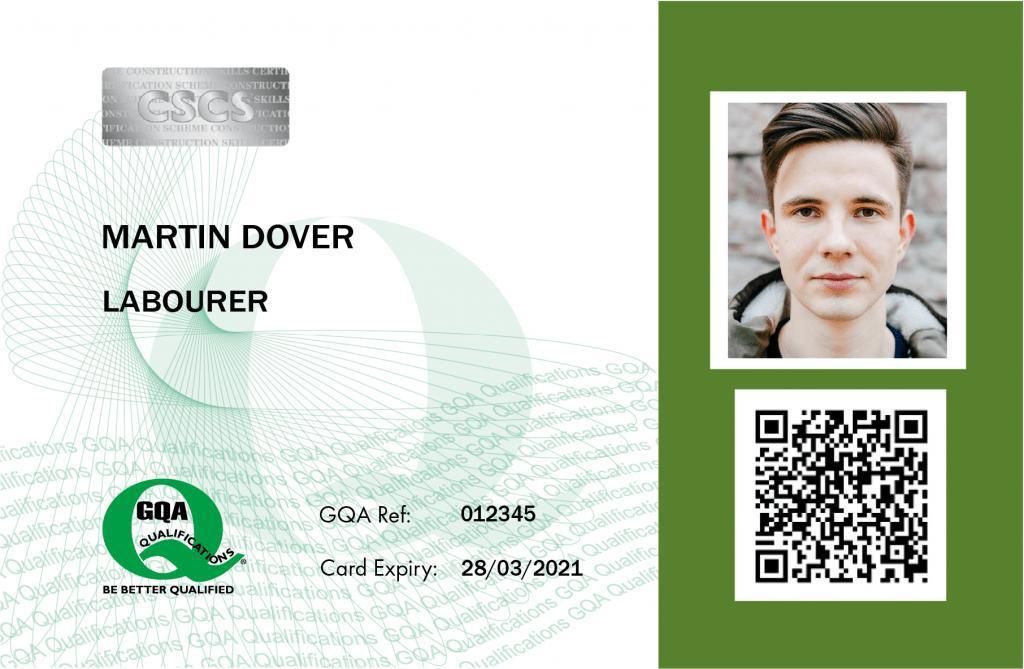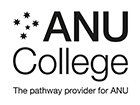
Site Management, Claims and Controls, Documentation and Close-Out (ECCM Workshop 3) - Certificate Program
Course ID: 2511177101393EGI
Course Dates : 17/11/25 Course Duration : 5 Studying Day/s Course Location: Dubai, UAE
Language: Bilingual
Course Category: Professional and CPD Training Programs
Course Subcategories: Leadership and Management Excellence
Course Certified By: * Projacs Academy
* Professional Training and CPD Programs
Certification Will Be Issued From :
KSA
Course Fees: £2,942.52
Vat Not Included in the price. VAT may vary depending on the country where the course or workshop is held.
Click to Pay
Date has passed please contact us Sales@e-s-hub.com
Course Information
Introduction
The dynamic and ever-evolving field of construction and engineering demands meticulous attention to detail, robust management practices, and seamless coordination across all project phases. Among the critical components of successful project execution are site management, claims and controls, documentation, and close-out processes. These elements form the backbone of effective project delivery, ensuring compliance with contractual obligations, mitigating risks, and achieving client satisfaction. For professionals operating in industries such as construction, infrastructure development, and facilities management, mastering these areas is indispensable for career advancement and organizational success.
One of the most pressing challenges in modern project management is the misalignment between theoretical knowledge and practical implementation. Despite advancements in tools and methodologies, many organizations struggle with inefficient site management, unresolved claims disputes, inadequate documentation, and poorly executed close-out procedures. These gaps often lead to cost overruns, delays, and strained stakeholder relationships. This course addresses these challenges by equipping participants with actionable strategies and frameworks rooted in industry best practices, including Lean Construction principles, Earned Value Management (EVM), and ISO 9001 quality standards.
Consider the case of a large-scale infrastructure project that faced significant delays due to mismanaged claims and incomplete documentation. The absence of structured processes resulted in prolonged litigation, financial losses, and reputational damage for the contracting firm. Conversely, organizations that prioritize site management and adopt systematic approaches to claims resolution and documentation consistently outperform their peers. By mastering these competencies, professionals can transform operational inefficiencies into opportunities for growth and innovation.
This course leverages established theories, such as Total Quality Management (TQM) and Risk Management Frameworks, to provide participants with a comprehensive understanding of the interplay between site operations, financial controls, and regulatory compliance. Additionally, insights from recent industry trends, such as the growing emphasis on sustainability and digital transformation, are woven into the curriculum to ensure relevance and applicability. Participants will explore how technologies like Building Information Modeling (BIM) and cloud-based collaboration platforms enhance transparency and accountability in project execution.
For individuals, the ability to navigate the complexities of site management and claims resolution not only enhances professional credibility but also opens doors to leadership roles and higher earning potential. Organizations, on the other hand, benefit from improved project outcomes, reduced legal liabilities, and enhanced client trust. This course bridges the gap between technical expertise and managerial acumen, empowering participants to drive value at every stage of the project lifecycle.
Ultimately, this program is more than just a training module—it is an investment in professional excellence and organizational resilience. By equipping participants with the tools and knowledge needed to excel in site management, claims handling, documentation, and close-out processes, it fosters a culture of continuous improvement and adaptability. Whether you are a seasoned professional seeking to refine your skills or a newcomer eager to establish a strong foundation, this course offers unparalleled opportunities for growth and success.
Objectives
By attending this course, participants will be able to:
Analyze the fundamental principles of site management and apply them to optimize resource allocation and productivity on construction sites.
Evaluate claims using risk assessment frameworks and develop strategies to mitigate disputes through negotiation and mediation techniques.
Design comprehensive documentation systems that align with regulatory requirements and facilitate smooth project audits.
Implement advanced controls to monitor project progress, manage budgets, and ensure adherence to timelines.
Apply close-out procedures effectively to achieve timely project handover and client satisfaction.
Synthesize data from various project phases to generate actionable insights and inform future decision-making.
Integrate digital tools and technologies into site management and claims resolution processes to enhance efficiency and accuracy.
Who Should Attend?
This course is ideal for:
Project managers, site supervisors, and engineers working in construction, civil engineering, and infrastructure development.
Contract administrators, quantity surveyors, and legal advisors involved in claims resolution and dispute management.
Consultants and auditors responsible for ensuring compliance with documentation and regulatory standards.
Professionals seeking to transition into leadership roles within the construction and engineering sectors.
These groups will find the course valuable as it addresses the practical challenges they face daily while providing actionable solutions to enhance their effectiveness. While the course assumes a basic understanding of project management principles, it is suitable for intermediate learners looking to deepen their expertise and advanced practitioners aiming to stay updated with the latest trends and tools.
Training Method
• Pre-assessment
• Live group instruction
• Use of real-world examples, case studies and exercises
• Interactive participation and discussion
• Power point presentation, LCD and flip chart
• Group activities and tests
• Each participant receives a 7” Tablet containing a copy of the presentation, slides and handouts
• Post-assessment
Program Support
This program is supported by:
* Interactive discussions
* Role-play
* Case studies and highlight the techniques available to the participants.
Daily Agenda
The course agenda will be as follows:
• Technical Session 08.30-10.00 am
• Coffee Break 10.00-10.15 am
• Technical Session 10.15-12.15 noon
• Coffee Break 12.15-12.45 pm
• Technical Session 12.45-02.30 pm
• Course Ends 02.30 pm
Course Outlines
Foundations of Site Management
Principles of effective site management and their impact on project success.
Resource planning and allocation strategies for optimal site performance.
Safety protocols and risk mitigation measures on construction sites.
Introduction to digital tools for site monitoring and reporting.
Day 2:
Claims Management and Resolution
Understanding the types and causes of claims in construction projects.
Legal and contractual frameworks governing claims processes.
Techniques for claims prevention, negotiation, and resolution.
Case studies of successful claims management in real-world projects.
Day 3:
Documentation and Compliance
Developing robust documentation systems for project transparency.
Compliance requirements and international standards (e.g., ISO 9001).
Best practices for record-keeping and audit preparation.
Leveraging technology for efficient document management.
Day 4:
Controls and Monitoring
Fundamentals of project controls and their role in managing scope, time, and cost.
Earned Value Management (EVM) techniques for tracking project performance.
Budgeting and financial controls to minimize cost overruns.
Tools for real-time monitoring and reporting of project metrics.
Day 5:
Close-Out Processes and Continuous Improvement
Step-by-step guide to project close-out procedures.
Ensuring client satisfaction through effective handover practices.
Lessons learned and feedback mechanisms for continuous improvement.
Future trends in site management and claims resolution.



















































